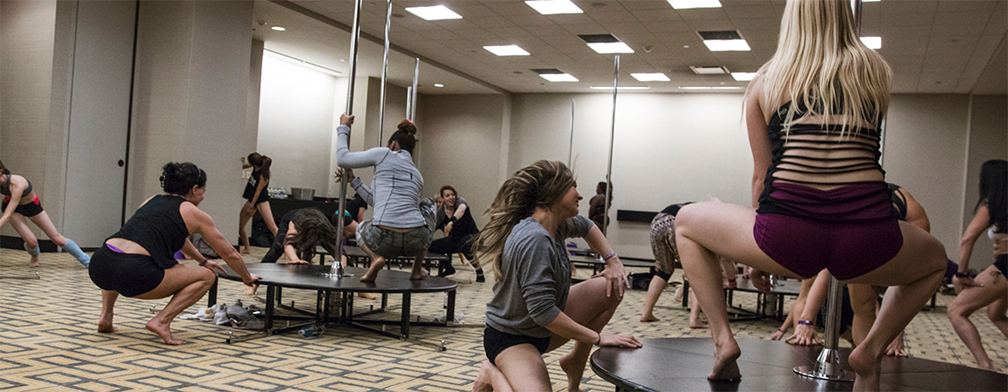Why is it that packing always seems easier and more fun in preparation for a…

Nutrition for Traveling Athletes
You may have to travel short or long distances for competitions as an athlete. Unfortunately, when traveling, you may face numerous obstacles that compromise your body’s ability to meet its nutritional needs and performance.
Before you board your next train or plane, include these traveling athlete tips in your preparation plans for peak performance. Let’s start.
Stick To Your Nutrition Schedule
When traveling, many things can come to mind. For example, environmental changes, lifestyle changes, and food availability can affect your dietary needs. In addition, you may adjust your workout routines, which may cause a decline in your exercise level, resulting in low energy needs.
Therefore, before you start a trip, you need to plan your meals. Aim to maintain your regular meals as much as possible. It’s important to know that your body is usually inactive during a long trip, so your energy level may be low.
You don’t have to stuff yourself for the sake of eating, but only eat when you feel hungry. Always stick to your nutrition program or talk to your nutritionist before you leave to get the best advice on proper nutrition.
Naturally, being on an airplane for several hours can upset your stomach. You can prevent this by having a cup of yogurt at least five days before your trip. Yogurt contains live bacterial cultures that strengthen your digestive tract. Also, make sure your diet consists of fiber-rich foods such as broccoli, nuts, seeds, almonds, legumes, apples, popcorn, grains, beans, and barley to help with digestion.
You may also find a different schedule and exercise program when you arrive at your destination. Such an interruption can throw off your diet plan, preventing your body from meeting its required nutritional needs. Make sure you have enough snacks with you to munch on between workouts.
When traveling, you can quickly add up weight due to a change of diet and routine. In this case, consider taking supplements to assist in burning fat such as BCAAs, Multivitamins and Whey Protein. Fair warning! Only pick natural fat burners that help with appetite suppression.
Take A Lot of Fluids
It is worth noting that when above 30,000 feet, humidity levels are usually low, and the air inside the plane is very dry. As such, your body may dehydrate quickly if you don’t take a lot of fluids resulting in fatigue. It can affect your performance, especially if there’s little time to train or rest once you reach your destination.
Do not hesitate to take fluids the crew offers, as long as they are not alcoholic. Also, have your water bottle with you and consume at least one cup of water per hour or at least 2-3 liters of fluid per day.
The weather at your destination may differ from that in your home country. For example, if you are used to a cool climate and are traveling to a warmer place, your body will try to adjust. You can maintain fluid balance by drinking plenty of water or light drinks throughout the day. Also, regularly check the color of your urine, which should always be clear.
Eat Fresh Food
When you travel, you’ll most likely stay in a hotel where you don’t have the luxury of eating home-cooked meals. So before ordering food at a restaurant, study the menu carefully and ensure you eat a balanced diet. Avoid fatty meals such as fried, buttery, crunchy, or creamy foods. Instead, eat balanced meals; baked, poached, steamed, or boiled.
Don’t forget to include fish, beef, beans, and tofu in your diet. Supplement them with vegetables and fruits. If you’re staying longer, consider renting an Airbnb and preparing a home-cooked meal. Find a grocery store where you can buy fresh food.
Time Your Meals
It’s important to choose the proper timing of meals to meet the body’s energy needs during the day. Ideally, breakfast is the best time to eat a balanced diet so that your body has energy before starting the training sessions.
During the day, your body needs good nutrition to function optimally because you are active and the energy demand is too high. Therefore, a heavy meal with carbohydrates, lean protein, fruits, and vegetables is ideal.
A light meal is enough for dinner, so you do not feel stuffed at night, and your body wakes up full of energy the following day. In addition, light meals and fruit are easier to digest than regular meals, which take up to 30 minutes to break down.
Avoid unhealthy foods such as refined sugars in sodas, fast food, or candy bars. This sugar is stored as fat in the body, which is not healthy. Instead, eat nuts and dried fruits, which are high in calories your body requires for an intense workout.
Fruits contain a lot of fiber, which aids digestion and provides a quick feeling of satiety. You can also focus on avocado and foods high in omega-3, such as flaxseed and chia seeds.
Conclusion
As you can see, your diet is important even when traveling. Make sure you take water with you. Also, don’t forget supplements such as vitamins and drinks to give your body enough minerals. Finally, make sure that the snack you carry contains a lot of carbohydrates and little fat.
Latest posts by David Franco (see all)
- Nutrition for Traveling Athletes - October 14, 2022


